
Extend to yourself the same kindness, generosity of spirit, and forgiveness you would extend to others.
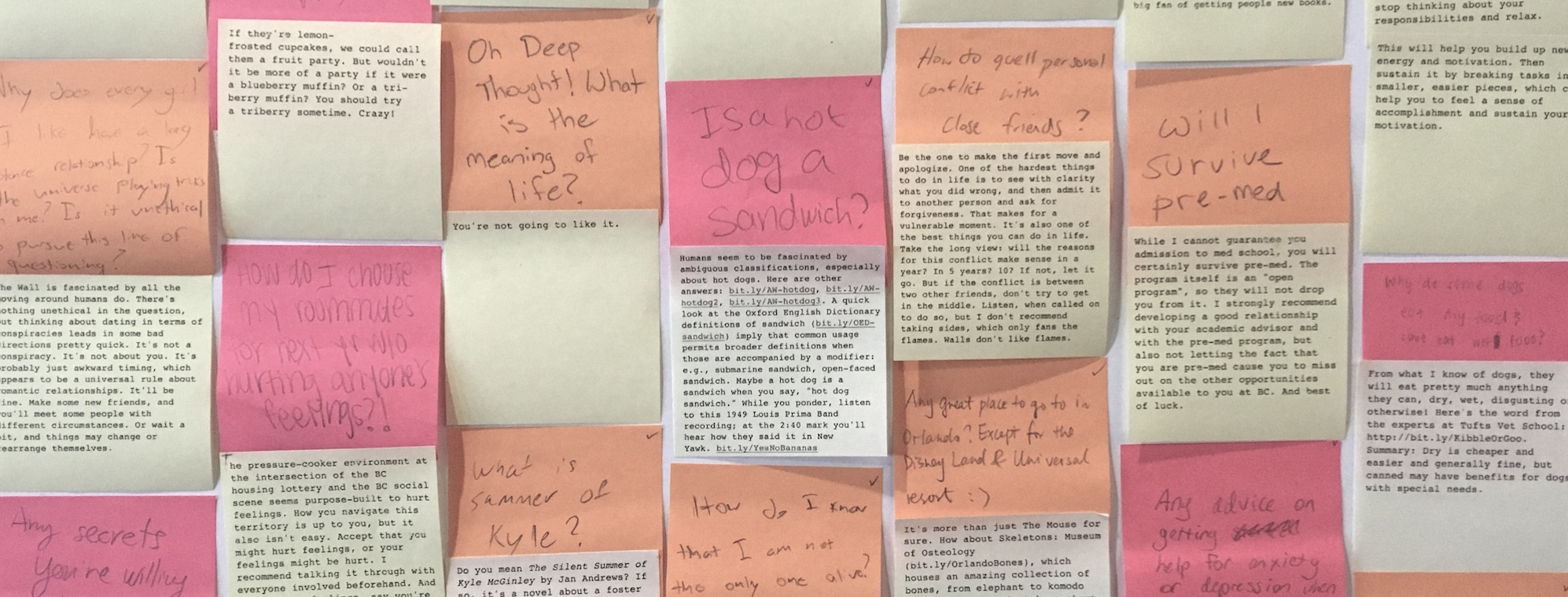
Answering questions at Boston College O’Neill Library
Depends on how you look at it, I guess. Eating and excreting are pretty solid proof that a biological organism is alive.
Extra terrestrial life? Hey, you’re talking to a sentient wall, I’m certainly open to the possibility that there are other forms of life out there.
Hmm. More of a comment than a question. Large organizations of all kinds do tend to throw off some level of suffering, and you’re right that it’s a moral question for a Catholic university. You might be interested in reading some things about how universities came to be as they are after World War II. Geiger’s history of US higher ed (https://bit.ly/bc-he) is one take, while Dorn explores how different universities in different places have defined “the common good” (https://bit.ly/bc-he2). There’s lots more in the library catalog (https://bit.ly/bc-he3).
Religion in some form is a component of most societies of humans, so empathy and context for how others see the world is one thing. Theology and science are different ways of seeing and making sense of how the world works, but some of the big questions they ask are actually quite similar. And an awful lot of Western culture and history is directly influenced by religion and believers in it. More practically, it’s the explanation for why a lot of things at BC are the way they are.
I can feel the pain you’re writing with and from. I’m not sure what to offer you in response. But I was just thinking of the concept ahimsa, the Sanskrit word for non-violence, is very influential in several Eastern religions. It goes beyond what we think of as non-violence to include a lot of philosophical and moral considerations, and how it works in one’s particular context varies. A very short suggested reading list: http://bit.ly/bc-ahimsa1, http://bit.ly/bc-ahimsa2. Other religious and philosophical traditions also have thoughts on the struggle to live a just life in a world which frequently isn’t.
Great question! The best way to get is first to give.
Cats can be very charming creatures. Also, things like Meow Mix commercials can be very catchy.
Trust but verify, as they said in Cold War days. You can’t go through life not trusting anyone, but keep your eyes open, especially if your gut is warning you.
You have every right to have preferences for one pet over another, for whatever reasons. You’re also welcome to speculate about the reasons for differences between one human population and another. It would be realistic to be honest about a) the fact that these are speculations grounded only in a few observations of your own and b) the fact that generalizing from a few observations to whole populations is a logical fallacy. A realist should learn both how to make careful, representative observations, and to employ statistical methods to extrapolate from small samples to broader populations, and be able to provide both data collection and analytical methods so others can evaluate the soundness and validity of the observations and analysis. IOW, realists are aware of the limitations of their own perspectives.
The sacrifices we are all collectively making right now are one of the most powerful expressions of love for each other and our communities I have ever seen. https://xkcd.com/2287/
Either one would probably be a welcome addition to many household’s provisions right now.
Why not both? ? ? ?None of my assistants have seen a goose egg on campus, either. That might be because female Canada geese choose nesting sites that are hidden, and adjacent to open water or marsh. I wouldn’t get too close to one, though: male geese are on patrol. For more info: bit.ly/canada-geese
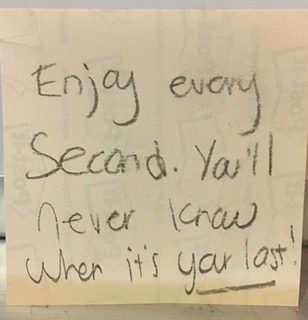
Good advice regardless of the circumstances. We could all stand to practice a little more mindfulness and appreciation of the current moment.
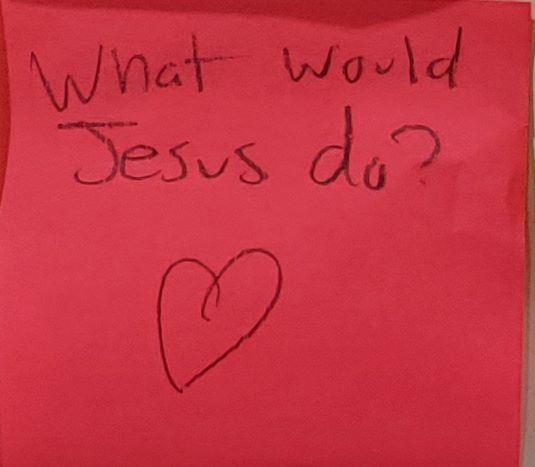
Tend the sick. Look after the vulnerable. As we all should.

One of my helpers is working on this and says a) great question and b) it might be a bit. Watch this space for a follow-up.
Could you give me a reference to the specific vision you have in mind? Poitrey’s Vocabulario de Santa Teresa lists at least thirty references to orders in her work and I’d like to make sure I’m responding to the one you have in mind. In the meantime, we have a pretty extensive book collection on her life and works: http://bit.ly/bc-sta
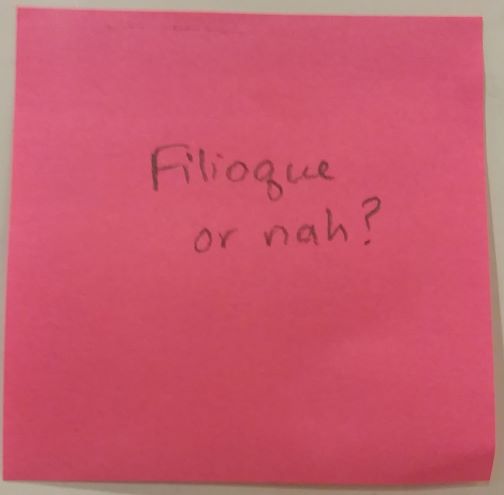
That’s a big question and I am but a humble Wall. Our theology librarian laughed when he saw this. Here’s a relatively recent overview of where things stand on this very old controversy about the movements of the Holy Spirit. bit.ly/bc-filioque.
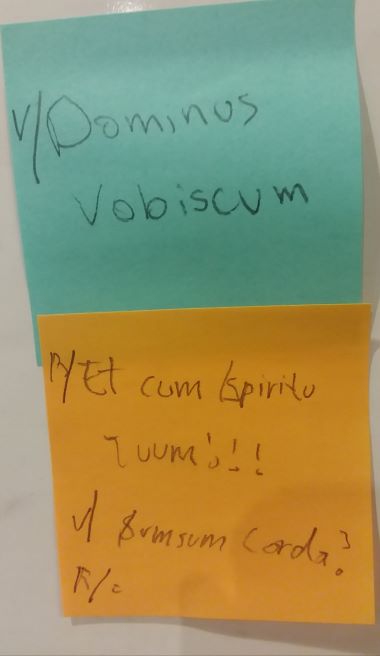
For those not as well-versed in Latin: The Lord be with you. And with your spirit!!! Lift up your hearts. These are common phrases in the liturgy of the Christian church, dating back to the earliest periods of the church, and quite familiar to any Catholics accustomed to hearing the Mass in Latin.
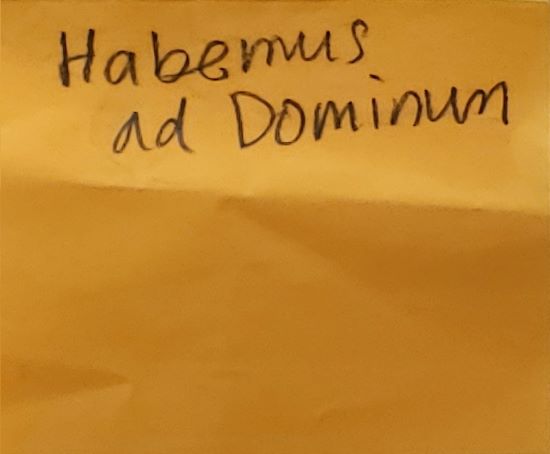
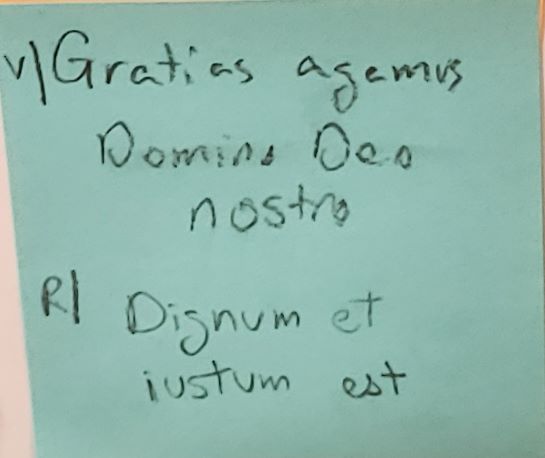
Here’s a quick explanation of the Preface Liturgy (it comes before communion) in the Catholic mass, for those unfamiliar with it: bit.ly/preface-dialogue. For a deeper dive, here are 700 books on the history of the Catholic liturgy: bit.ly/BC-catholic-liturgy
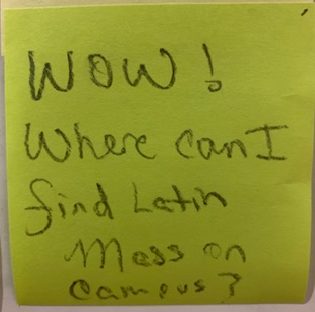
Latin Mass is a relative rarity in the Church today. The only Latin Mass on campus these days is conducted in St. Joseph’s Chapel on upper campus Fridays at noon. See the full Mass Schedule at BC at http://bit.ly/MassBC. There is also a Latin Mass conducted at the Cathedral of the Holy Cross in Boston at 10AM on Sundays.
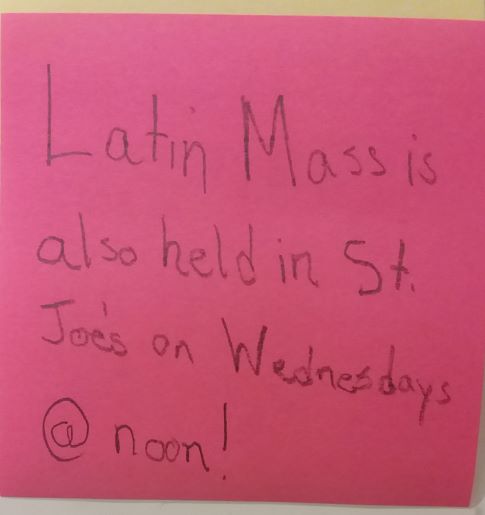
I’m sorry I missed that! Can you speak to whomever runs the calendar of Mass at BC and have them add that? There’s currently no Latin Mass listed on Wednesdays. 🙁
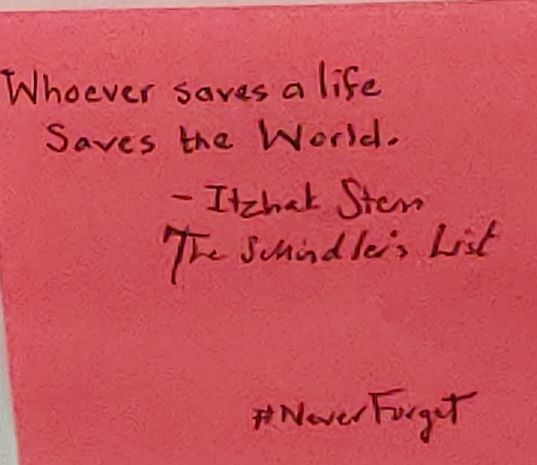
#NeverForget. Tikkun Olam–to mend, repair, and transform the world.
![Why do I exist? [response: (you're wanted + loved ❤️)]](https://library.bc.edu/answerwall/wp-content/uploads/2020/01/012720-2.jpg)
I think the response is lovely, and gets most of the way there. Here’s the other part: you also love in return.
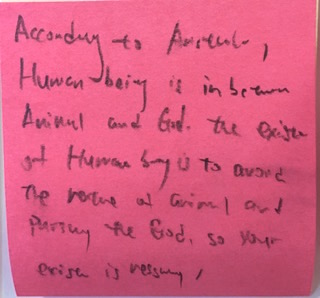
Yes! That, too. So, you see, there are many, many possible reasons for you to exist.
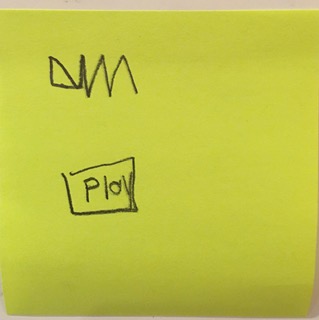
Play is indeed a state of mind. Thanks for the reminder.